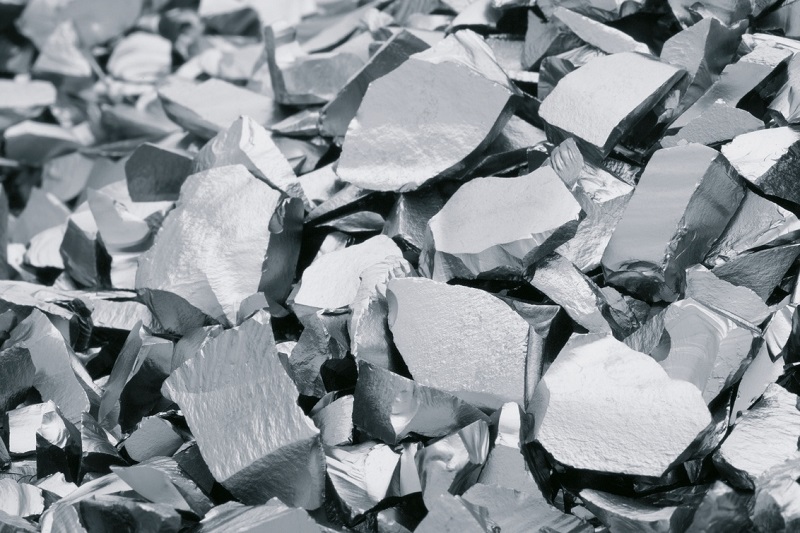Germany-based chemical producer Wacker Chemie announced plans to expand its semiconductor-grade polysilicon production capacity at its facility in Burghausen, Germany.
The company plans to set up a new production line by early 2025, which could increase its production capacity by over 50%.
It estimates the capital investment would amount to more than €300 million ($324.4 million) and create more than 100 new jobs. A “substantial” share of the investment would be directed to research and innovation to increase the purity of polysilicon by means of a new, highly automated process, Wacker said in a statement. This process should allow semiconductors to meet rules for smaller designs and increase their power.
Wacker has received approval from the European Commission for funding the R&D project. If the German Ministry of Economic Affairs and Climate Protection also approves the application, the company expects to receive up to €46 million in funding.
“As the only European producer of ultrapure polysilicon, we are proud to be making an important contribution to strengthening Europe’s microelectronics supply chain with this project,” said Wacker’s CEO Christian Hartel. “By expanding our surface-cleaning capacity, we are creating the necessary conditions for meeting the continued fast-growing demand of our semiconductor customers. Thanks to this investment, we are also able to take the quality of our material to the next level to support the semiconductor sector’s latest technologies,” he added.
Semiconductor-grade polysilicon is even purer than solar-grade polysilicon, at 99.999999999% purity level versus 99.9999%, respectively. Producing it involves an etching process using strong acids to remove the uppermost layer from the surface of the polysilicon chunk.
In March, Wacker announced it would expand its polysilicon capacity for semiconductor applications, in addition to production material for high-efficiency solar cells. The company plans to double its sales in the semiconductor sector by 2030 and has earmarked an investment of around €100 million per year over the next few years.
This content is protected by copyright and may not be reused. If you want to cooperate with us and would like to reuse some of our content, please contact: editors@pv-magazine.com.



1 comment
By submitting this form you agree to pv magazine using your data for the purposes of publishing your comment.
Your personal data will only be disclosed or otherwise transmitted to third parties for the purposes of spam filtering or if this is necessary for technical maintenance of the website. Any other transfer to third parties will not take place unless this is justified on the basis of applicable data protection regulations or if pv magazine is legally obliged to do so.
You may revoke this consent at any time with effect for the future, in which case your personal data will be deleted immediately. Otherwise, your data will be deleted if pv magazine has processed your request or the purpose of data storage is fulfilled.
Further information on data privacy can be found in our Data Protection Policy.